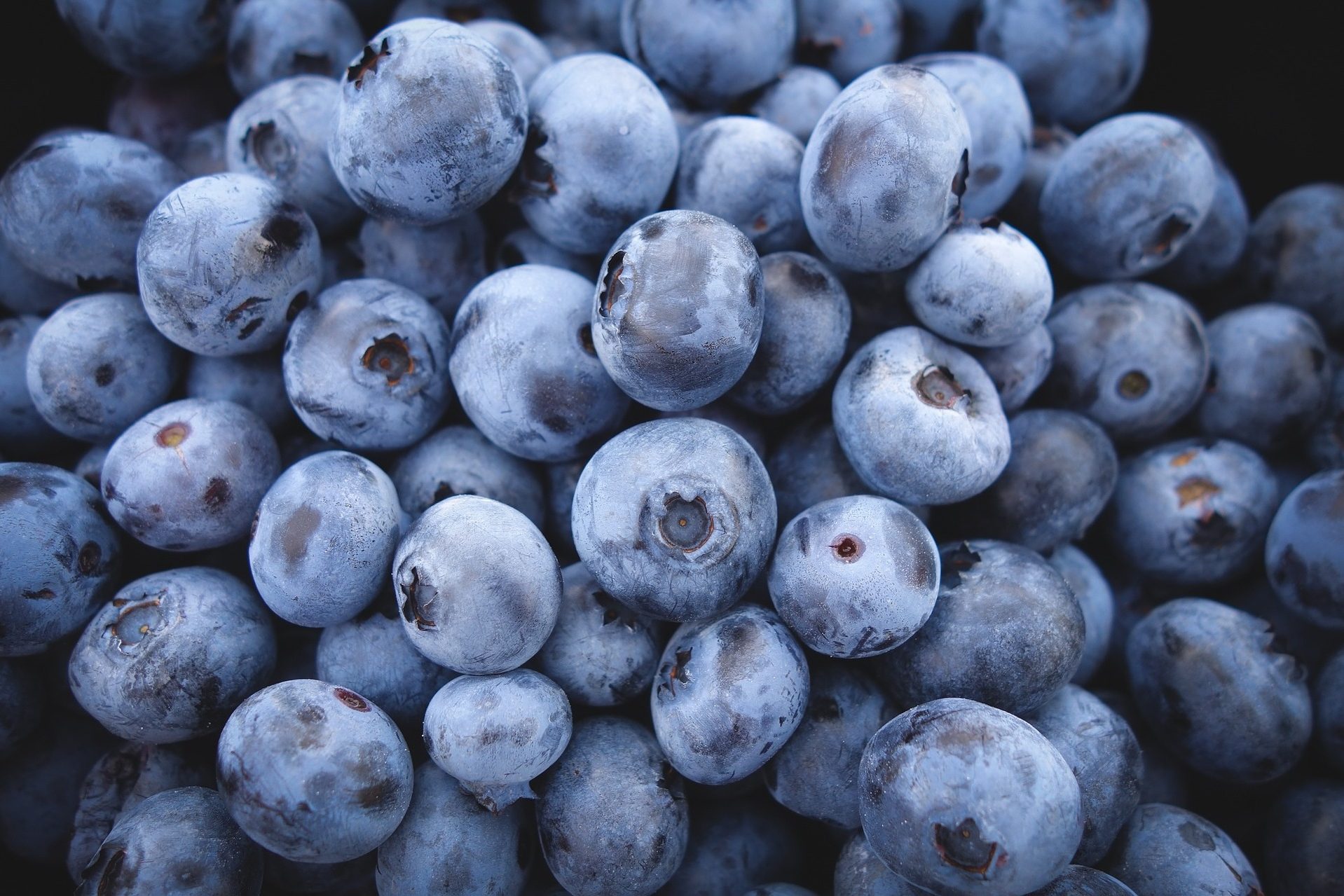A review of studies concluded that a high antioxidant diet prevents telomere shortening, an indicator of aging
A diet based on antioxidant-rich foods, such as fruits and vegetables, prevents aging. This is the conclusion of a research group at the CIBER of Obesity and Nutrition (CIBEROBN), part of the Rovira i Virgili University Human Nutrition Unit and the Pere i Virgili Health Research Institute; which carried out a review of all epidemiological research and clinical trials in humans contained in all scientific literature to date, assessing the association between the consumption of certain foods, nutrients or the global diet and the length of telomeres.
Telomeres, whose discovery meant the Nobel Prize in Medicine in 2009, are long repeated DNA sequences that protect the limbs of chromosomes from their natural shortening and can be considered the biological clock of cell life, since their length decreases as we get older.
The study
As Nobel laureate Elizabeth Blackburn affirms, when comparing telomeres to the reinforcements that are placed on the end of shoelaces, “the longer these reinforcements are, the smaller the chance is that the laces be frayed. As for chromosomes, the longer the telomeres, the smaller the chance is that cell alarms go off.”
The research, led by researchers Sílvia Canudas and Serena Galié, both members of Jordi Salas-Salvadó’s team, was recently published in the scientific journal Advances of Nutrition.
The review includes 59 observational studies and 11 clinical trials, selected from a bibliographic search conducted in a methodical and organized way to identify, separately, the association of each food group, nutrients and different dietary patterns with telomeric health.
Different clinical studies of multi-vitamin supplementation have examined the role of these compounds in the length of telomeres, but have failed to establish a clear protective function, although, among the studies reviewed by the researchers, vitamin C seems to have a greater impact among the micro-nutrients assessed.
The consumption of foods with high antioxidant content, such as nuts and coffee, has been associated with longer telomeres. On the contrary, a high consumption of processed meat and sugary drinks seems to be related to shorter telomeres.
When the results of the studies that assessed the overall diet pattern were analyzed, it was observed that healthy diets, such as the Mediterranean diet, which is rich in fruits, vegetables, nuts, among other foods – sources of antioxidants – were associated with decreased telomeric shortening. Therefore, this suggests that a healthy diet would help slow down the aging of our cells.
Telomere health and the consequent prevention of cell aging, involves a multifactorial process in which different variables come into play. Controlling these dietary factors benefits human health, since they prevent age-related pathologies such as cardiovascular diseases, neurodegenrative diseases, and type 2 diabetes.
201912051003_noticia.html
Date: December 12th, 2019
By: C. G.
Link: https://www.abc.es/salud/abci-dieta-antienvejecimiento-
Nutrigenomics Institute is not responsible for the comments and opinions included in this article






